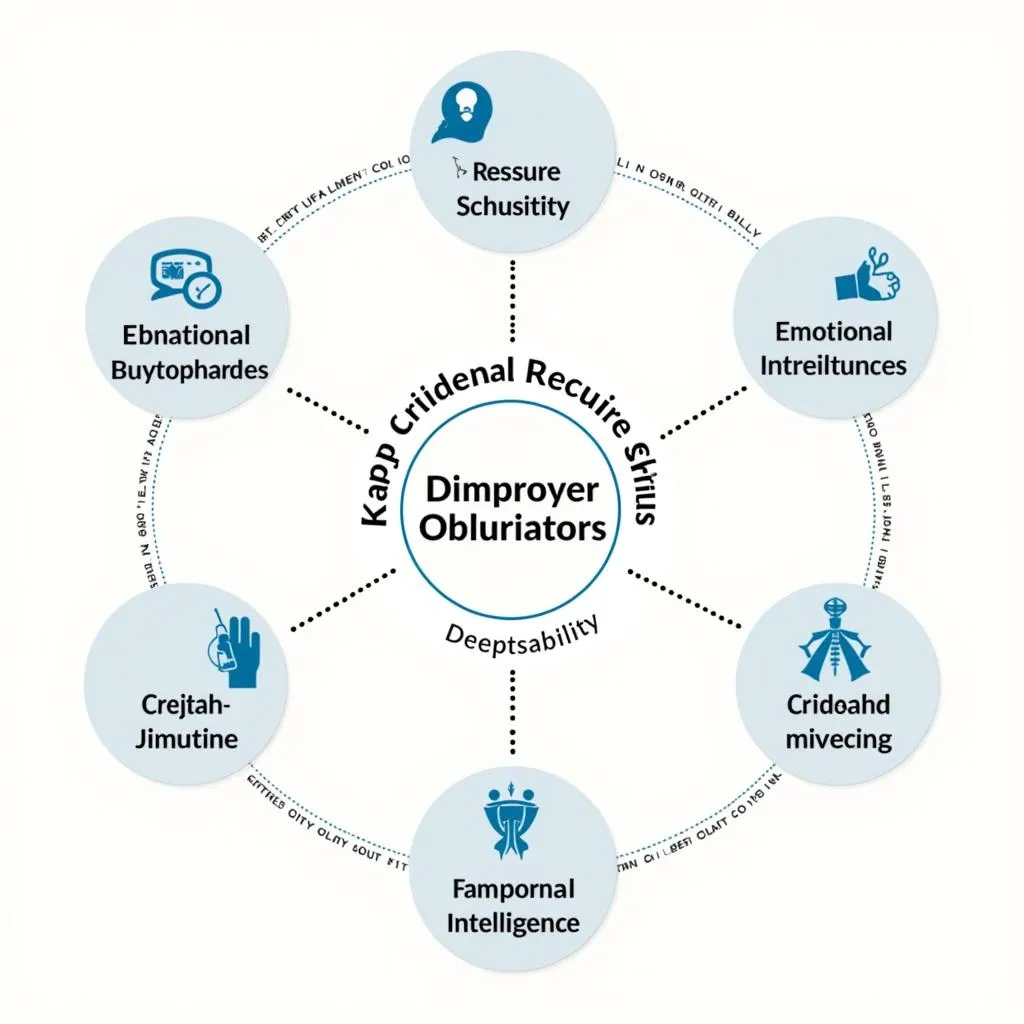The topic of describing a challenging project you recently completed is a common one in IELTS Speaking tests. It allows examiners to assess your ability to articulate complex experiences, reflect on personal growth, and demonstrate your problem-solving skills. This topic has appeared frequently in past IELTS exams and is likely to remain relevant in future tests due to its versatility and relevance to both academic and professional contexts.
Part 1: Introduction and Interview
In Part 1, the examiner may ask general questions about projects or challenges you’ve faced. Here’s an example question with a suggested answer:
Q: Do you enjoy taking on challenging projects?
A: Absolutely. I find challenging projects to be incredibly rewarding. They push me out of my comfort zone and provide opportunities for personal growth. For instance, I recently describe an ambition that you have had for a long time, which involved tackling a complex coding project. While it was demanding, the sense of accomplishment upon completion was unparalleled.
Part 2: Long Turn
Here’s a sample cue card for this topic:
Describe a challenging project you recently completed
You should say:
- What the project was
- Why it was challenging
- How you completed it
- And explain how you felt after completing it
Sample Answer (Band 6-7)
The project I’d like to talk about is a group presentation I had to give for my marketing class last semester. It was challenging because we had to analyze a real company’s marketing strategy and propose improvements.
The main difficulty was coordinating with my team members, as we all had different schedules. Also, finding reliable information about the company’s current strategies was not easy. We had to do a lot of research and even contact some employees for insider information.
To complete the project, we divided the tasks among team members. I was responsible for the market analysis part. We used online tools to collaborate and had regular video calls to discuss our progress. In the end, we managed to put together a comprehensive presentation with solid recommendations for the company.
After completing the project, I felt a mixture of relief and pride. It was stressful, but I learned a lot about teamwork and real-world marketing strategies. The positive feedback we received from our professor made all the hard work worthwhile.
Sample Answer (Band 8-9)
The challenging project I’d like to elaborate on was an intricate software development endeavor I recently spearheaded at my workplace. Our task was to create a cutting-edge customer relationship management system that would seamlessly integrate with our existing infrastructure while significantly enhancing user experience and data analytics capabilities.
The project was particularly challenging due to its multifaceted nature. We were working with a diverse team spread across different time zones, which made communication and coordination complex. Moreover, we had to navigate through stringent data protection regulations while ensuring the system remained user-friendly and efficient.
To tackle this formidable task, we employed an agile methodology, breaking the project into manageable sprints. I took the initiative to establish clear communication channels and implemented a robust project management tool to keep everyone aligned. We also conducted regular code reviews and iterative testing to maintain high quality standards throughout the development process.
Upon completion, I was overwhelmed with a sense of accomplishment and professional growth. The project had pushed me to hone my leadership skills and deepen my technical expertise. The positive feedback from both our clients and senior management was incredibly gratifying, validating the countless hours of hard work and perseverance we had invested. This experience has undoubtedly been a catalyst for my career progression and has instilled in me a renewed confidence in tackling complex technological challenges.
 IELTS Speaking: Describing a challenging project
IELTS Speaking: Describing a challenging project
Follow-up Questions
Q: How do you usually handle stress during challenging projects?
A (Band 6-7): I try to stay organized and take breaks when I feel overwhelmed. Sometimes, I talk to friends or family about my stress, which helps me feel better.
A (Band 8-9): To manage stress during challenging projects, I employ a multifaceted approach. I prioritize maintaining a healthy work-life balance by engaging in regular exercise and mindfulness practices. Additionally, I find that breaking the project into smaller, manageable tasks helps alleviate feelings of being overwhelmed. I also cultivate open communication with team members and stakeholders, which allows for timely problem-solving and reduces stress-inducing uncertainties.
Q: Do you think it’s important for people to challenge themselves with difficult projects?
A (Band 6-7): Yes, I think it’s important. Challenging projects help people learn new skills and become more confident. They also make work or study more interesting.
A (Band 8-9): Absolutely. I firmly believe that engaging in challenging projects is crucial for personal and professional growth. Such endeavors push individuals beyond their perceived limitations, fostering resilience and adaptability. Moreover, tackling difficult projects cultivates critical thinking and problem-solving skills, which are invaluable in today’s rapidly evolving work environment. The sense of achievement derived from overcoming substantial challenges also boosts self-efficacy and motivation, creating a positive cycle of continuous improvement and innovation.
Part 3: Two-way Discussion
Q: How do you think technology has changed the way people approach challenging projects?
A (Band 6-7): Technology has made it easier to work on challenging projects. We can now use tools like project management software and video calls to work together better. It also helps us find information quickly, which is useful for research.
A (Band 8-9): Technology has revolutionized our approach to challenging projects in myriad ways. Firstly, it has dramatically enhanced collaboration capabilities, allowing teams to work seamlessly across geographical boundaries. Cloud-based project management tools and real-time communication platforms have streamlined workflow and decision-making processes. Furthermore, advanced data analytics and artificial intelligence have empowered us to tackle complex problems with unprecedented efficiency and accuracy. These technological advancements have not only accelerated project timelines but also expanded the scope of what we can achieve, enabling us to undertake projects of greater complexity and impact than ever before.
Q: What skills do you think are most important for successfully completing challenging projects?
A (Band 6-7): I think the most important skills are good time management, the ability to work well in a team, and being able to solve problems. It’s also important to be flexible and not give up when things get difficult.
A (Band 8-9): Successfully navigating challenging projects requires a diverse skill set. Adaptability is paramount, as complex projects often involve unforeseen obstacles and changing requirements. Effective communication is crucial for ensuring all stakeholders are aligned and informed throughout the project lifecycle. Critical thinking and analytical skills are essential for breaking down complex problems and devising innovative solutions. Additionally, emotional intelligence plays a vital role in managing team dynamics and maintaining motivation during stressful periods. Lastly, a growth mindset and resilience are indispensable, as they enable individuals to view challenges as opportunities for learning and persevere in the face of setbacks.
 Key skills for completing challenging projects in IELTS Speaking
Key skills for completing challenging projects in IELTS Speaking
Key Vocabulary and Phrases for High Scores
-
Intricate /ˈɪntrɪkət/ (adjective): very complicated or detailed
Example: The project involved intricate coding that required meticulous attention to detail. -
Spearhead /ˈspɪəhed/ (verb): to lead or organize (a project, movement, etc.)
Example: I was chosen to spearhead the development of our new product line. -
Multifaceted /ˌmʌltɪˈfæsɪtɪd/ (adjective): having many different aspects or features
Example: The challenges we faced were multifaceted, requiring a diverse set of skills to overcome. -
Navigate through (phrasal verb): to find a way through or deal with a complex situation
Example: We had to navigate through numerous regulatory hurdles to complete the project. -
Tackle /ˈtækl/ (verb): to make determined efforts to deal with a problem
Example: We tackled the issue head-on by implementing a new project management system. -
Hone /həʊn/ (verb): to refine or perfect (a skill)
Example: This challenging project allowed me to hone my leadership skills. -
Catalyst /ˈkætəlɪst/ (noun): a person or thing that precipitates an event or change
Example: The successful completion of this project was a catalyst for my promotion. -
Cultivate /ˈkʌltɪveɪt/ (verb): to try to acquire or develop (a quality, sentiment, or skill)
Example: Throughout the project, I strived to cultivate open communication within the team.
These words and phrases can significantly enhance your IELTS Speaking performance when discussing challenging projects. Use them appropriately to demonstrate a rich vocabulary and precise expression of ideas.
Examiner’s Advice
To excel in the IELTS Speaking test, particularly when describing challenging projects:
-
Practice articulating complex experiences concisely yet comprehensively. This skill is crucial for Part 2’s long turn.
-
Develop a range of examples from various aspects of your life – academic, professional, and personal. This versatility will help you describe a goal you set for yourself and achieved in different contexts.
-
Focus on your problem-solving process and personal growth, not just the outcome. Examiners are interested in your thought process and how you overcome challenges.
-
Use a variety of tenses accurately to describe different stages of the project. This demonstrates your grammatical range and accuracy.
-
Incorporate idiomatic expressions and advanced vocabulary naturally into your responses. This can elevate your lexical resource score.
-
Practice linking your ideas coherently, especially in Part 3 discussions. This improves your fluency and coherence score.
Remember, the key to success in IELTS Speaking is not just about what you say, but how you say it. Regular practice and self-reflection will help you describe something you did in your studies or work that made you feel confident, boosting your overall performance in the test.
 IELTS Speaking Examiner giving advice
IELTS Speaking Examiner giving advice
By following these guidelines and incorporating the provided vocabulary and phrases, you’ll be well-equipped to describe a time when you set and achieved a personal goal in your IELTS Speaking test, particularly when discussing challenging projects. Remember, practice and authenticity are key to achieving a high score in this section of the exam.


